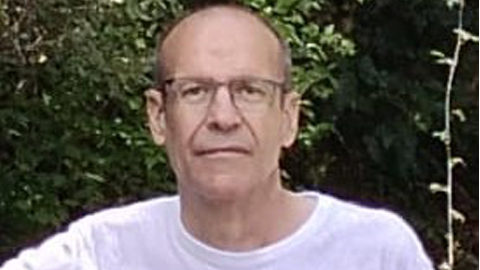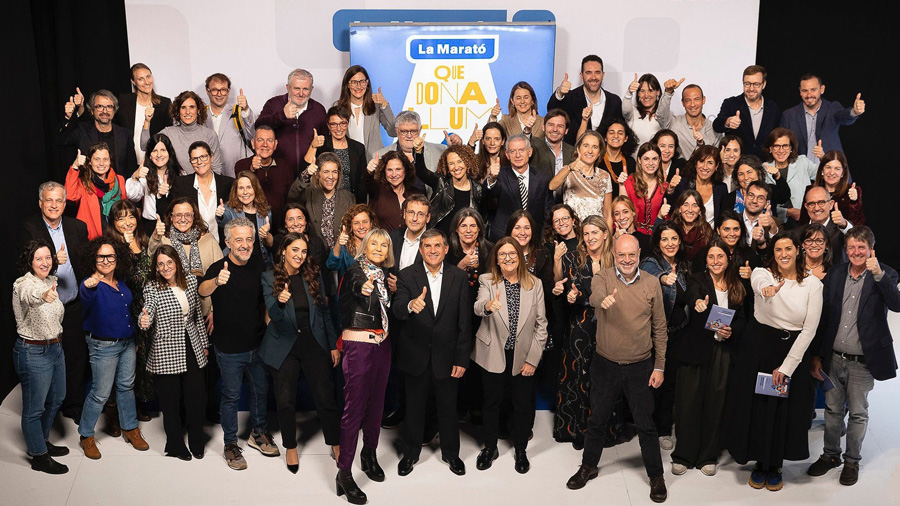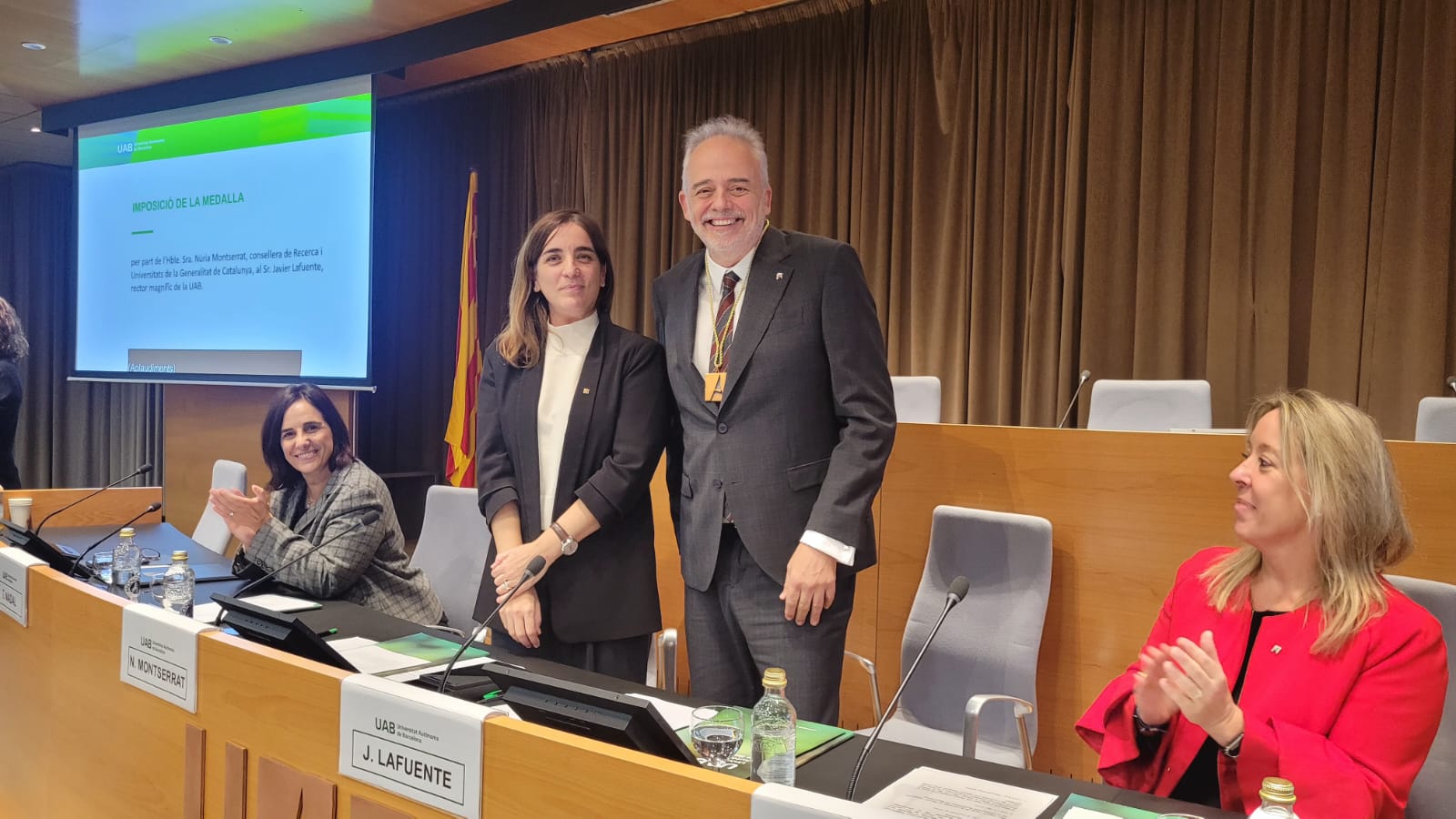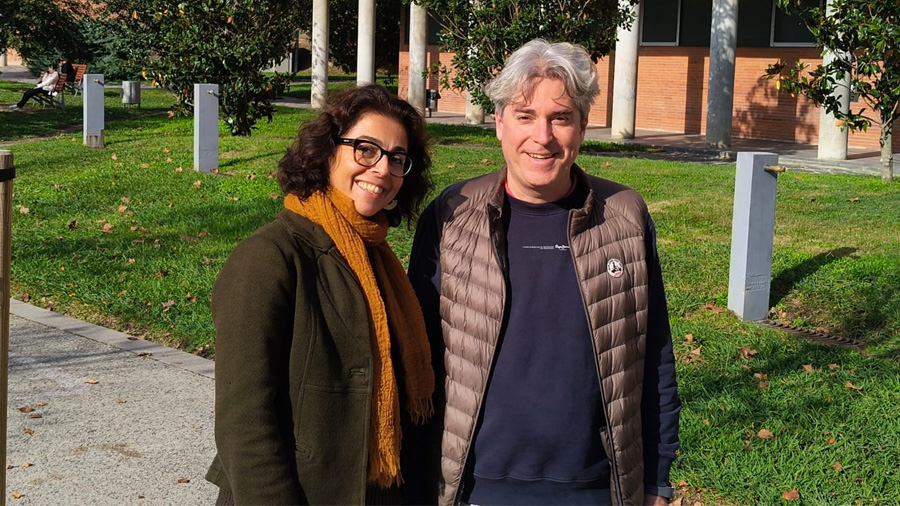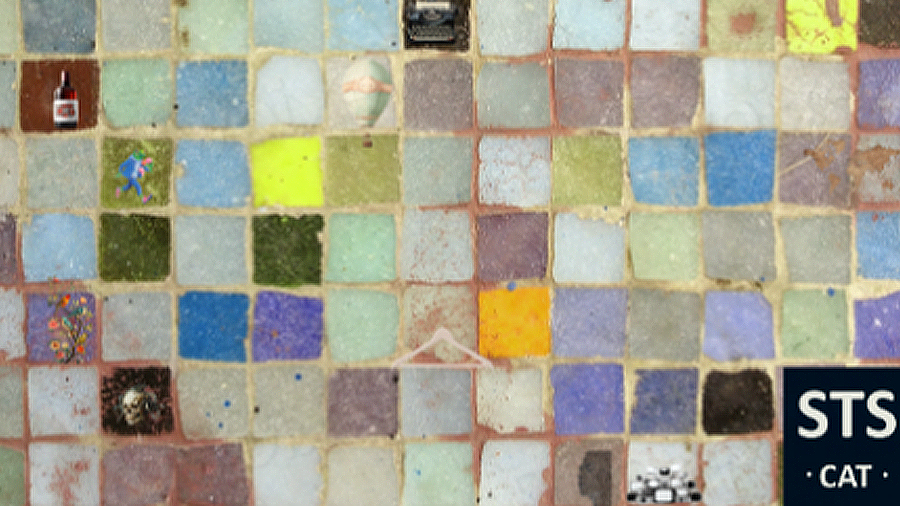
The Catalan Association of Science and Technology Studies is born
Researchers from different universities and research centres in Catalonia, including the UAB, have created the Catalan Association of Science and Technology Studies (STS-CAT). The official presentation will take place on 28 February at 9:30 a.m. at the Barcelona Research Residence. The inaugural lecture will be given by Wiebe E. Bijker, one of the leading thinkers in this field.
